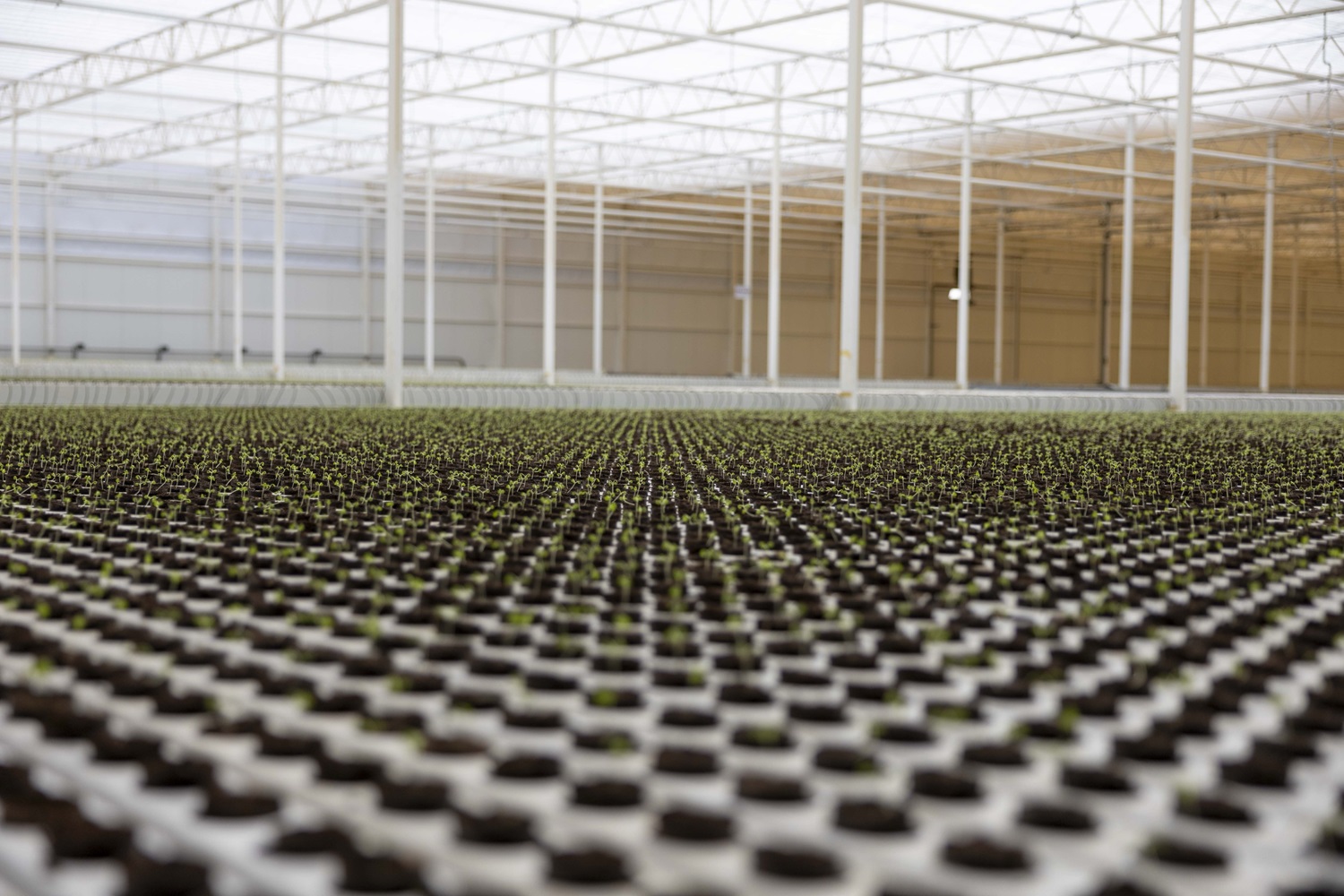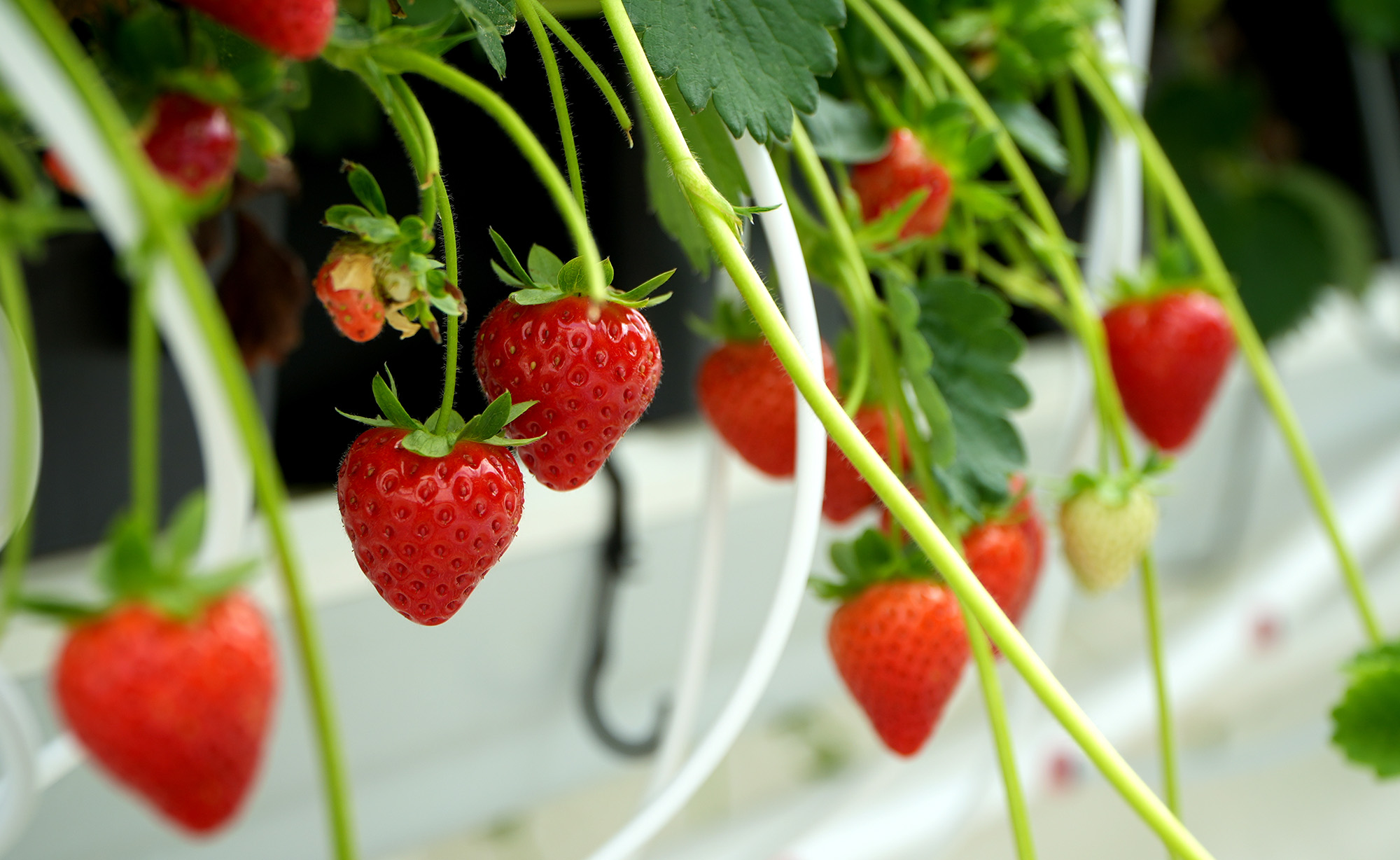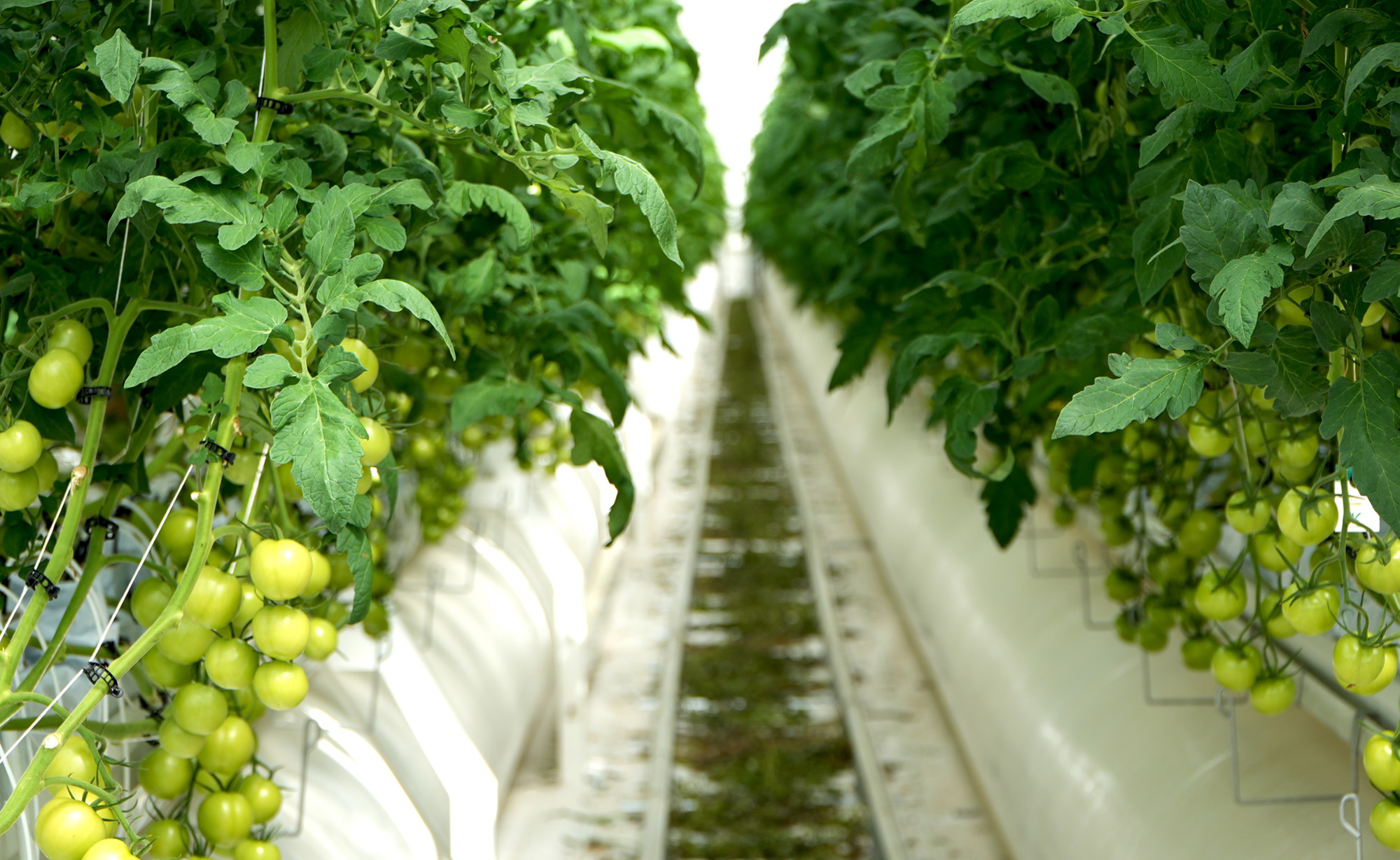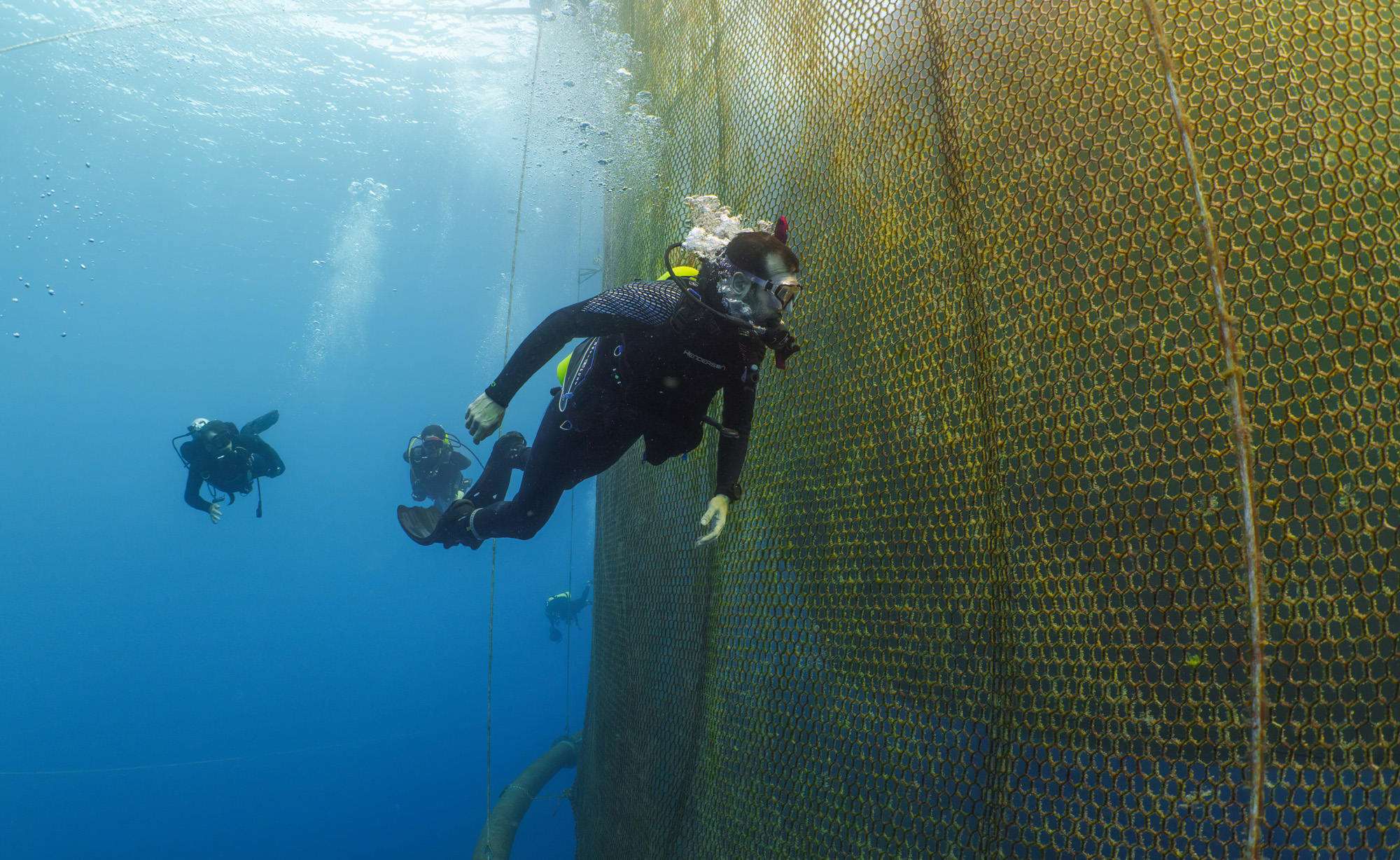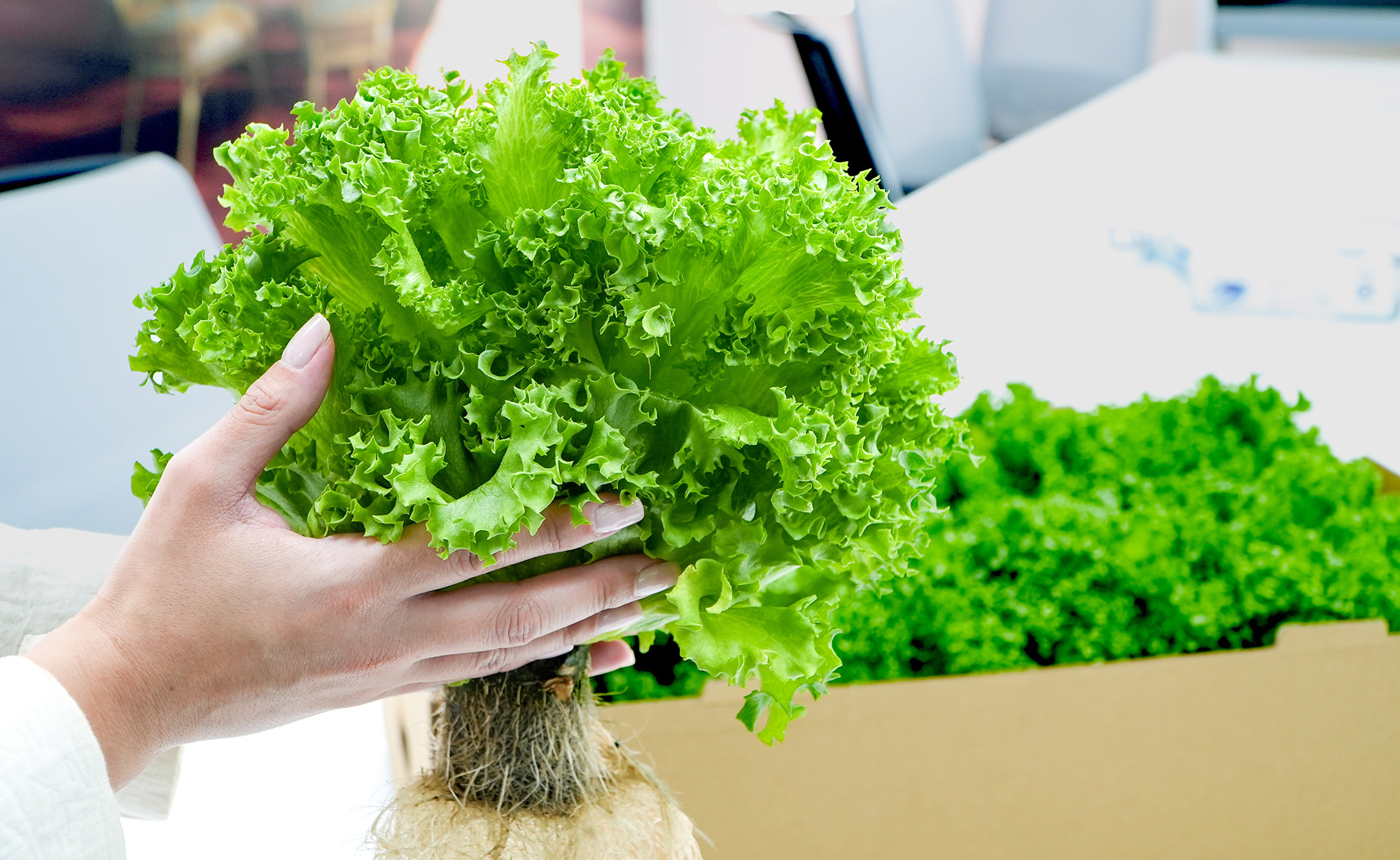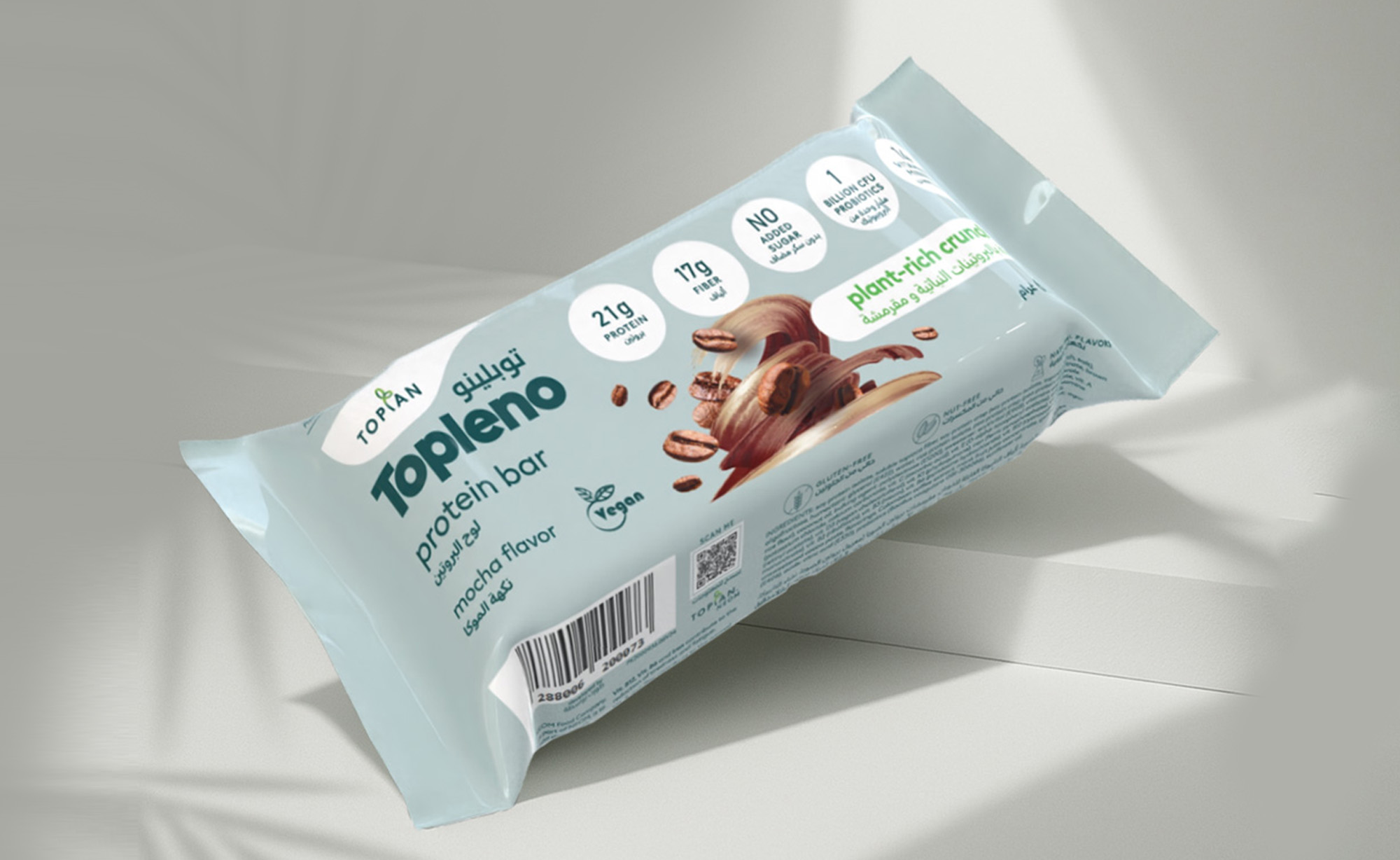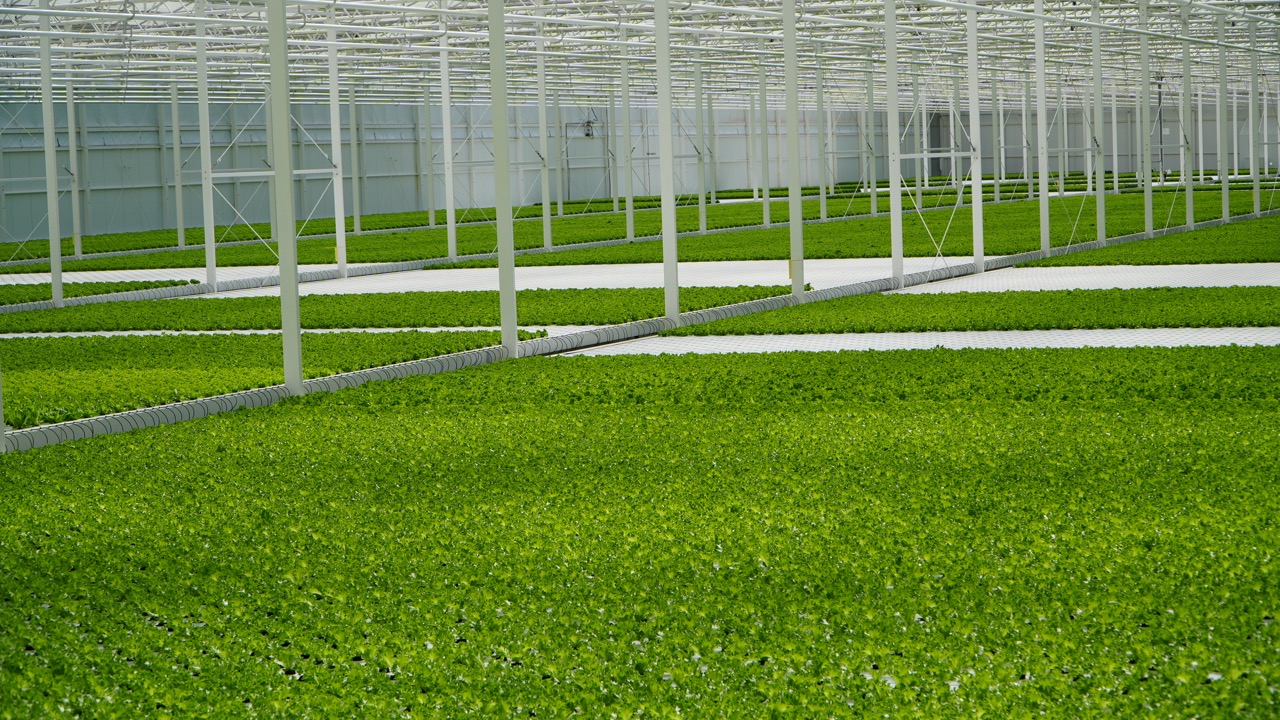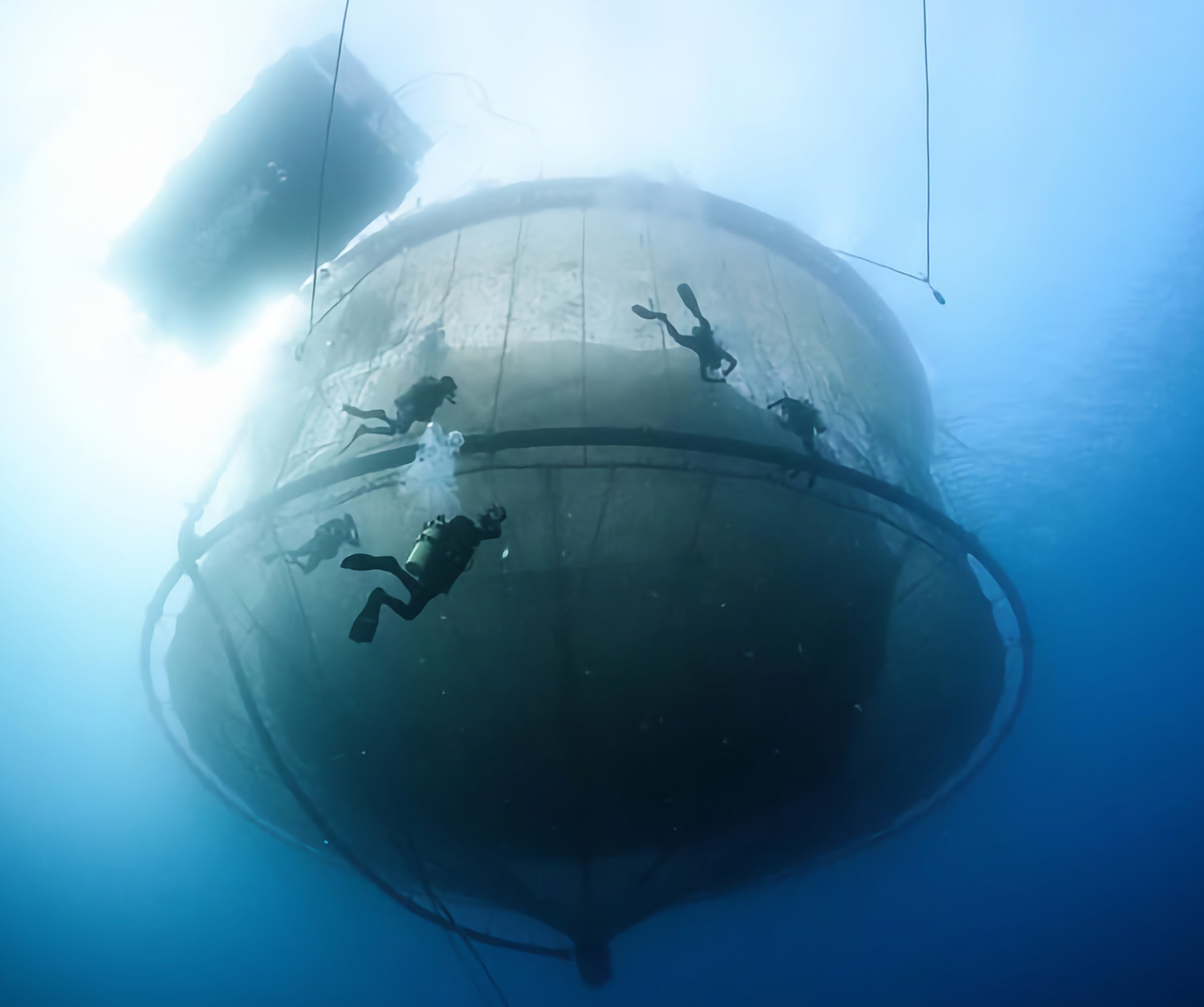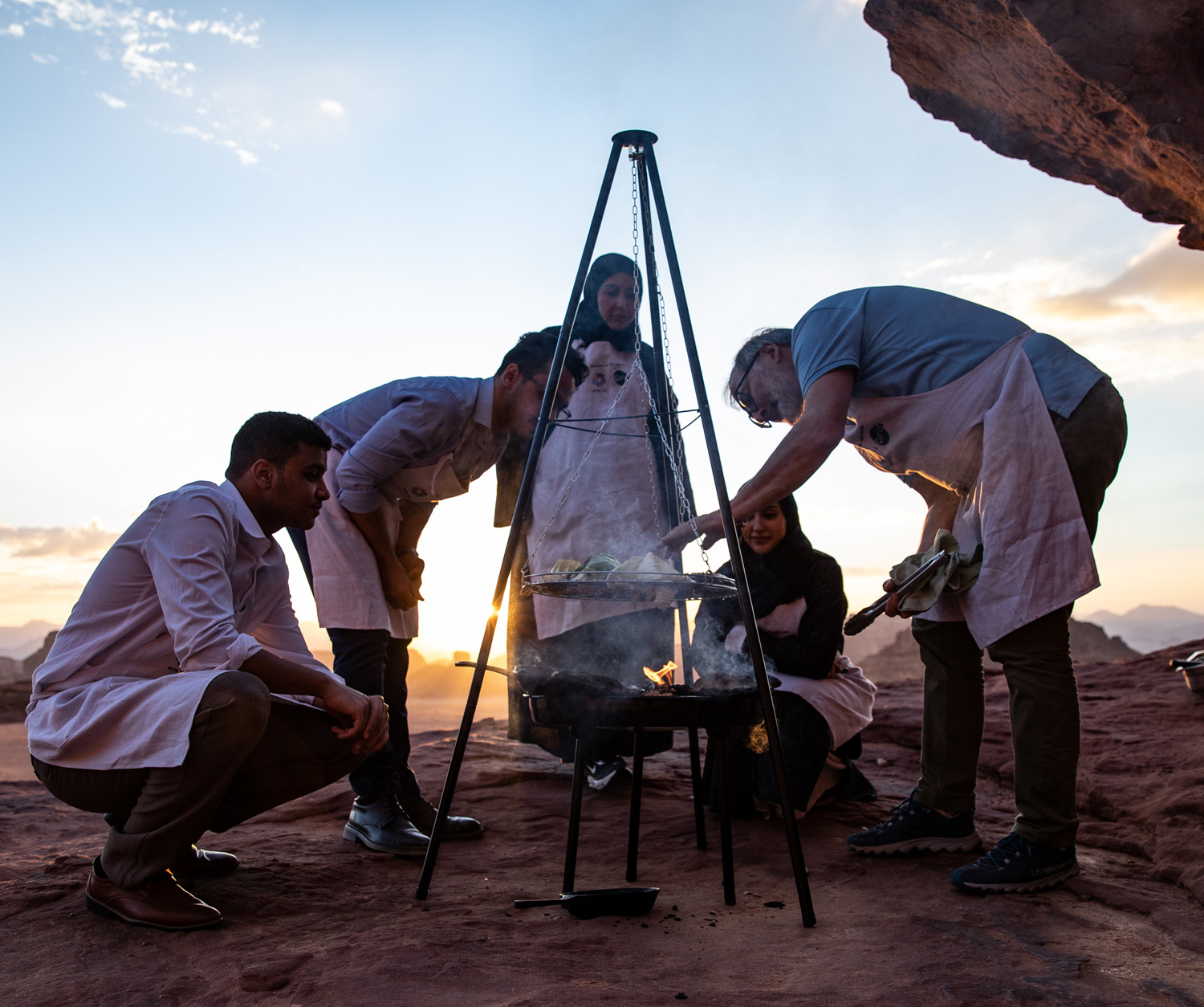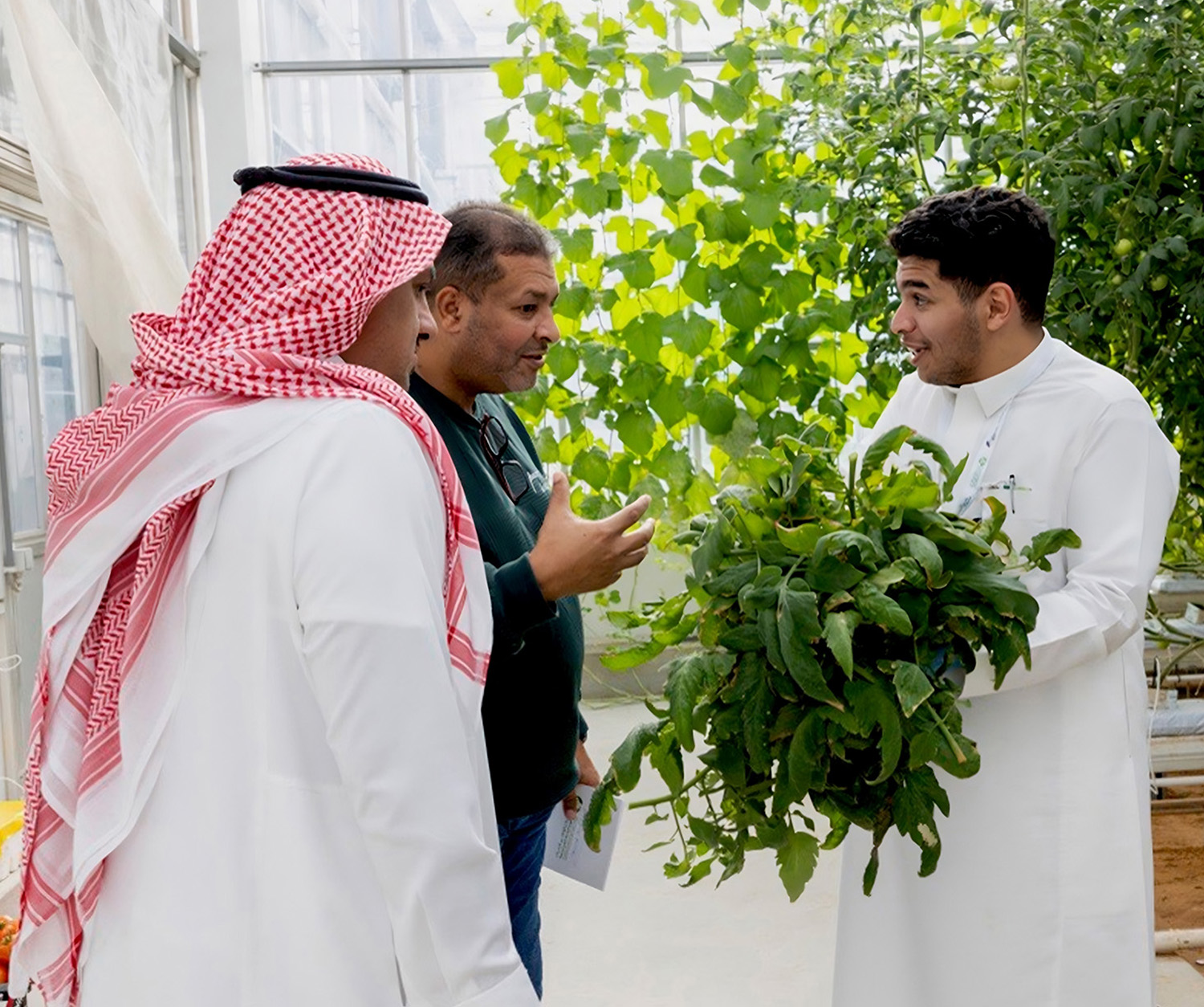-
Addressing Global Challenges
Challenged Food Systems
Conventional agriculture is exhausting land, water and food supplies globally, while poor nutrition is contributing to chronic disease. Topian combats these challenges through climate-resilient agriculture, regenerative aquaculture and efficient food systems to protect the health of people and the planet.
-
Addressing Global Challenges
Food security and sustainable supply chains
Agriculture consumes 70% of the Earth’s freshwater and uses 40% of global land. In Saudi Arabia, it accounts for 80% of national freshwater use, which is unsustainable as populations and food demand grow. By 2050, food supply may not meet global demand. Topian is boosting food security by producing nutritious food locally and building reliable, sustainable supply chains.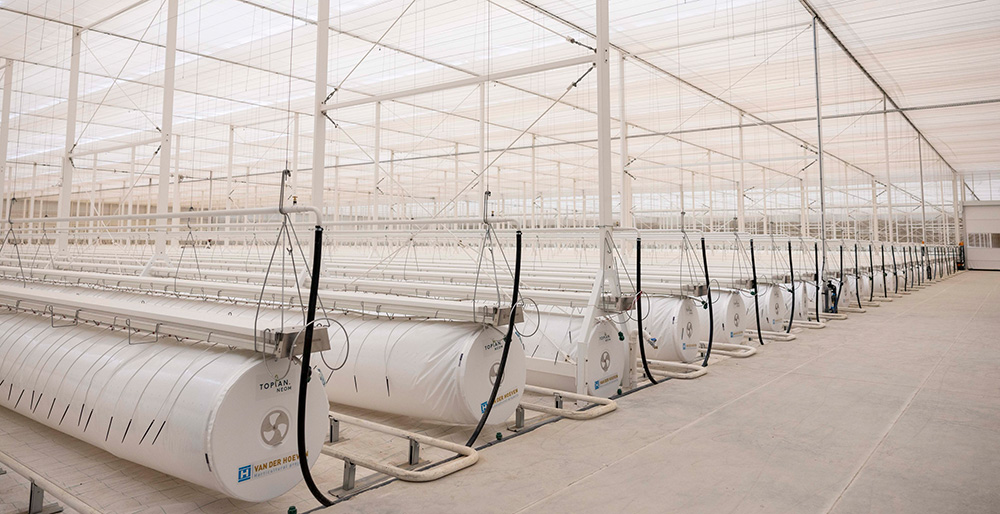
OUR FOCUS AREAS
Supporting Our Regions
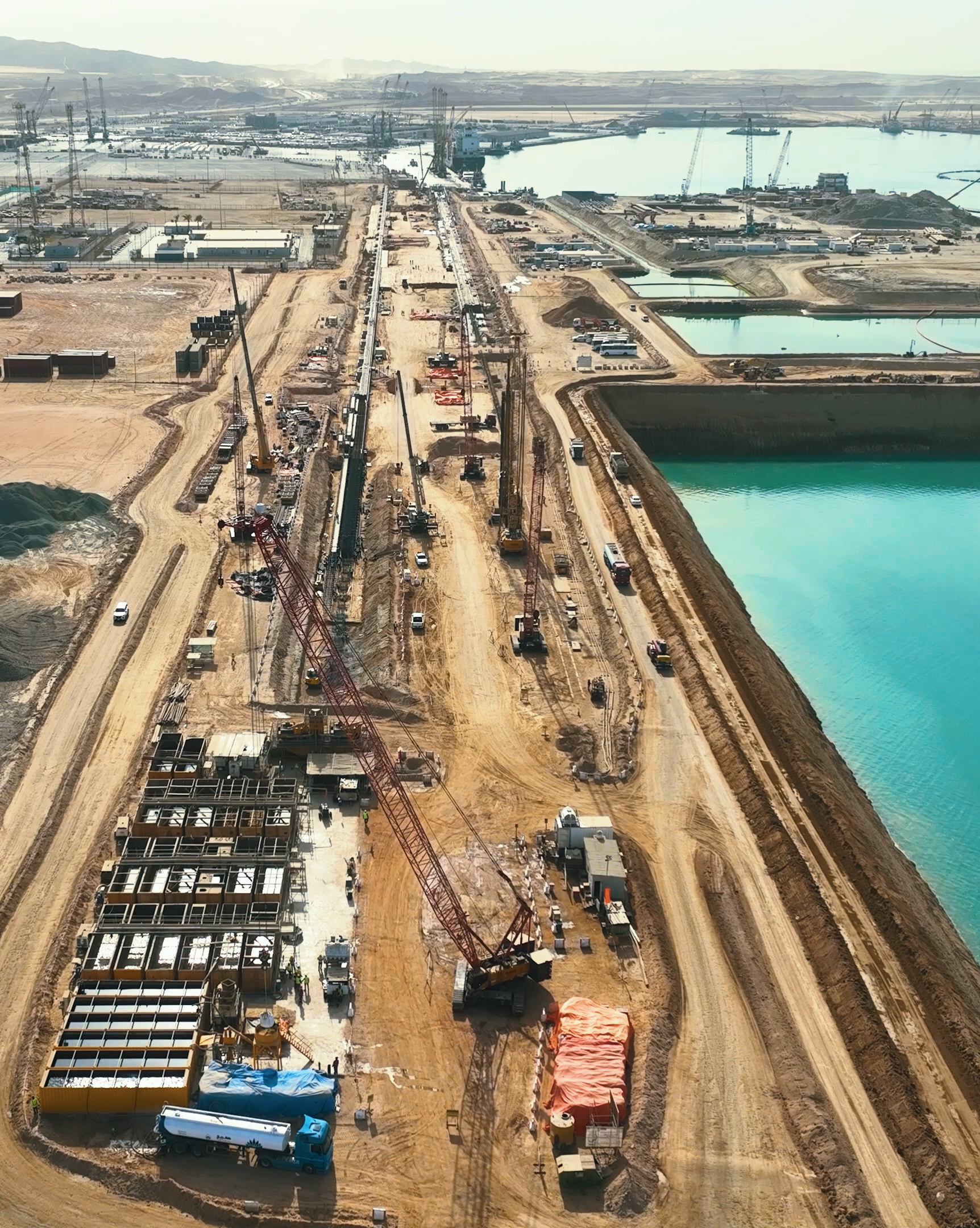


Biotech
Our mission is to address major human and planetary health challenges by establishing a cutting-edge biotech innovation ecosystem based upon world-class infrastructure and global partnerships.

Design and Construction
As the world’s most significant construction project, our mission is to become a global showcase for capital project execution, with world class examples of performance, efficiency and automation.

Education, Research & Innovation
A mission to create a new model for education, research and innovation that transforms learning and inspires discovery to improve our world.

Energy
Through our company Enowa, NEOM is building the world’s first at-scale and fully-integrated renewable energy system.

Entertainment and Culture
NEOM is building a global cultural capital and leading entertainment destination, a place to create and experience the future of culture and next-generation entertainment for audiences of the future.

Financial Services
Changing the future of financial services through inclusion, innovation and green financing.

Food
Through our food company Topian, NEOM provides high-quality, sustainably sourced food products and innovative services that empower individuals to make food choices that improve their health and protect our planet.

Health and Wellbeing
NEOM aims to transform the lives of our residents and visitors through accessible innovative health solutions powered by the latest technologies.

Manufacturing
NEOM will advance beyond traditional methods to enable Industry 4.0 with cutting-edge solutions – to shape the sustainable industries of tomorrow.

Media
NEOM’s Media Sector is operational and building a fully integrated media hub – bringing together screen production, gaming and digital publishing – enabled through industry learning.

Mobility
NEOM’s Mobility Sector connects people and services, aiming to create a smart, shared and sustainable public transport system – powered by renewable energy.

Sport
NEOM is championing livability and contributing to a dynamic economy through sport, physical wellbeing and adventure sport.

Technology and Digital
NEOM aims to harness the power of cognitive technology to build an ecosystem of disruptive and sustainable solutions that touch every aspect of life.

Tourism
Tourism aims to enrich a new society, vibrant economy and way of life through sustainable tourism.

Water
NEOM aims to be a global water reference, focused on improving water performance sustainably, through world class, smart and connected infrastructure, utilizing the latest innovation and future technology.
